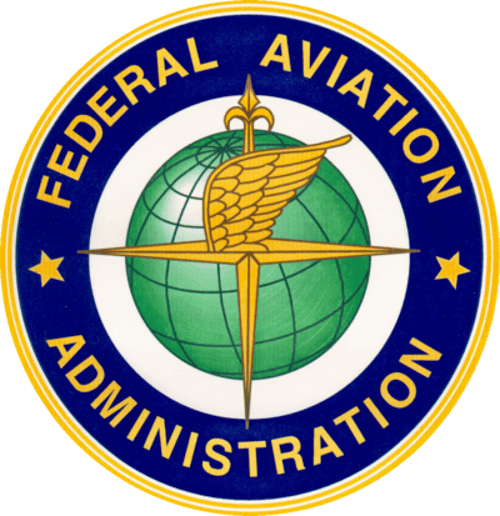Pilot Applicants
How can I best prepare?
As a Gold Seal Flight Instructor, I always advise my students not to "cram" the night before but instead take care of themselves by doing what they enjoy most the night before their check ride. Perhaps a favorite meal or movie or exercise or whatever it is you like to do when you have time for yourself. Take care of your mind and body. If you are still preparing the night before, then you are probably not ready.
Having said that, make sure you are intimately familiar with the Airman Certification Standards. I cannot emphasize this enough. Effective June, 2018 all Private Pilot, Instrument Rating and Commercial candidates will be evaluated using the new Airman Certification Standards. Read the ACS "cover to cover." The job of a DPE is to evaluate you against these standards, therefore it's in your best interest to know them thoroughly. Every ACS describes the roll and responsibility of the examiner, what is considered satisfactory performance and what might be considered unsatisfactory. Work with your instructor to ensure your understanding and compliance with each and every Knowledge area, Risk Management and Skills outlined in all task areas within the ACS.
And finally, arrive early on the day of your test. The ACS provides a checklist of the things you will be expected to bring. Spread out your materials and charts and reference materials and make sure the airplane is fueled and airworthy.
What can I expect?
Call me in the morning the day before your check ride to confirm our appointment time. I will give you a cross-country destination so you can create your flight plan prior to our meeting. I will also give you data for a W&B calculation and aircraft performance computations. It’s also a good idea to print or take screenshots of the weather information you used to make your "go/no go" decision for our weather discussions or you can demonstrate a "live" online briefing during the test. IACRA applications are required and your FTN number must be sent to me the day before the scheduled practical test as well.
It's a big day and a long day, so we'll begin by simply getting acquainted and learning a bit more about each other. We will then go through your logbook, all the endorsements and ground logs your instructor wrote for you, and your IACRA application to ensure you actually meet the requirements of the certificate or rating for which you are applying.
Once it's determined that you are qualified and eligible for the practical test, the ground portion of the check ride will begin. (Note: The appointment fee will not be refunded if you are found to be not yet qualified or are in any way ineligible for the test.) This is not an attempt to "stump the expert" or "trick" you with crafty and puzzling questions. Instead, you will be provided with a series of scenarios to evaluate your understanding of the Knowledge, Risk Management and Skill topics outlined in the ACS. If you don't understand a question or you need more information to answer the scenario, simply ask. Also, if you need to look up an answer to a question, for the most part, that is perfectly acceptable. On a practical test, the examiner is trying to evaluate you based on what you would do "in practice." And in practice, one would hope that you would research and find the answer to an aviation related question that you didn't know.
The flight portion of the check ride may only be conducted after successful completion of the ground portion. So it's a very good sign you are doing well when it's time to fly. After the ground portion it's usually a good time to take a short break, update your flight plan if necessary and eat a quick sack lunch before the flight.
